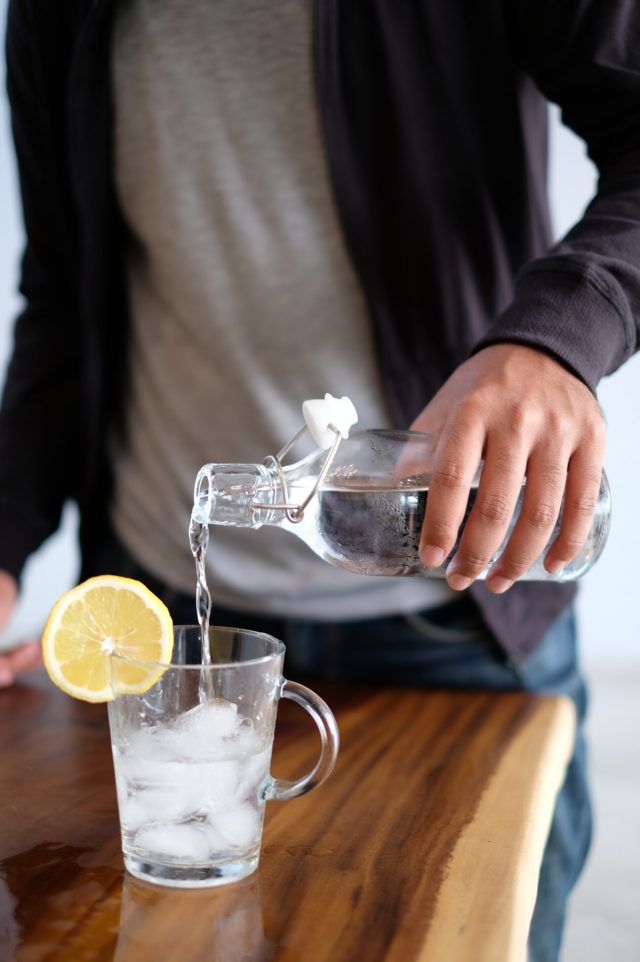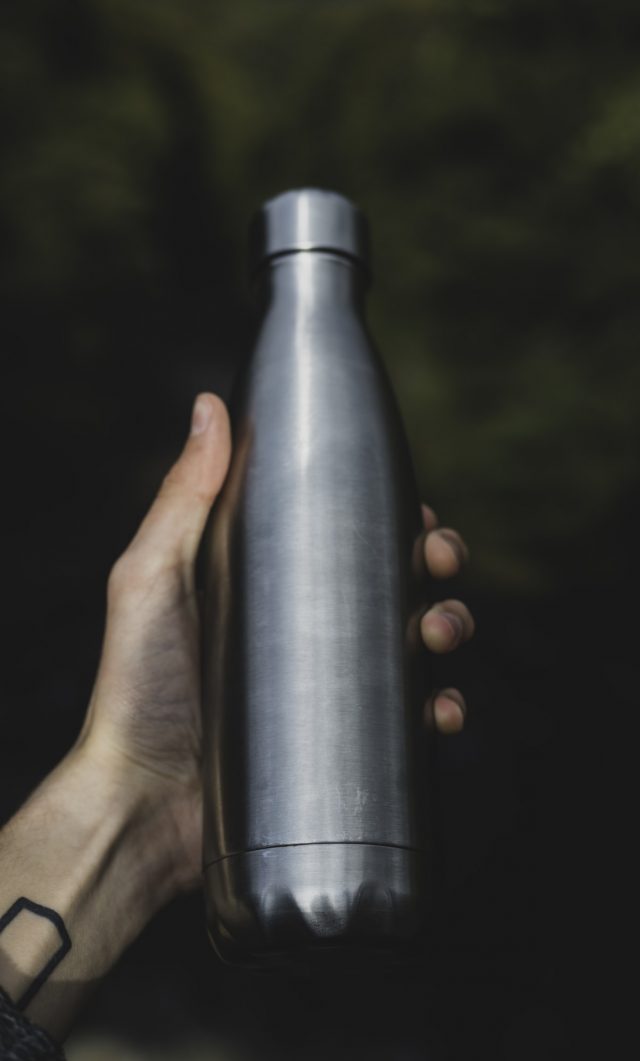Expert Advice from Olympus Movement Performance The human body consists of more than 50% of water. Same goes for the Earth. That in itself sh
Expert Advice from Olympus Movement Performance
The human body consists of more than 50% of water. Same goes for the Earth. That in itself shows us how important water is to our bodies and the environment. Yet a lot of the time we as humans are not properly hydrated. Fluid balance is the relationship between fluid going in to our body and fluid going out of our body. We take in fluids from food and drinks. We get rid of fluids through sweating, breathing, urinating, and pooping. But most importantly we need to know how to keep this balanced. ??

Most healthy adults should be consuming about 8 cups or 2 liters a day of fluid. To be more precise on your fluid intake you can estimate your needs with the following calculation: For every kilogram of bodyweight, you should ingest 30-40 mL of water. So for a 110 lb individual they would need about 1.5-2L of water per day. Given that reference how do you think you’re doing on hydration now? Hopefully, you’re doing awesome!
During exercise, heat, or sickness we lose more water than normal. In general, during exercise we can sweat out around 0.5-2.0 L per hour of activity. If you’re exercising hard, your fluid intake should be closer to 24 cups a day (or 6 liters) to help maintain fluid balance. If it is a warmer day or drier out (like summertime) you should add about 2 cups to your normal fluid intake. When exercising we don’t want more than a 2% body mass loss of hydration. Here’s why: “during exercise, the body preferentially directs intravascular fluids to:
- The brain for nutrition and oxygen delivery
- The heart and lungs for blood circulation and gas exchange
- The peripheral sweat glands and blood vessels for thermoregulation and
- The working muscles for nutrition and oxygen delivery.
“More than 2% hypo hydration causes a decrease in sweat rate and sweating onset” (Mcdermott).
Fluids have a lot of places to be, so if we don’t have enough to get everywhere, we are absolutely going to feel the negative effects.

Being aware of your hydration levels is important during pre and post exercise. One of the easiest way to check your hydration is by the color of your urine and being conscious of your thirst cues. The chart below is a good guide for checking urine color, and to be familiar with. If you are taking supplements you should be aware that this chart will not be as accurate for you, as some supplements can change the color of urine.

Some signs and symptoms that we are dehydrated and feeling the negative effects of inadequate fluids are:
- Headache
- Fatigue
- Low blood pressure
- Dizziness and/or fainting
- Nausea
- Flushing
- Rapid heart rate
If we ignore these initial symptoms they could escalate to more serious issues. Proper refueling is pertinent at this time especially when doing high intensity exercises. However, we want a balance of water and electrolyte refueling to avoid what’s called hyponatremia. Hyponatremia is when the body has too much water relative to sodium content. Symptoms of hyponatremia are:
- GI discomfort (including nausea and/or vomiting)
- Headache
- Swollen hands and feet
- Confusion and/or
- Restlessness
These signs and symptoms can be similar to dehydration however, if you or someone you know has had a lot of water during exercise, they may be suffering from hyponatremia as opposed to dehydration. In this case giving people more water can make matters worse.
To avoid this situation, ensure you have a sufficient amount of water to hand with the help of a water system in your home that contains an efficient water filter (see this link) to make sure the water you are drinking is clean and doesn’t have any contaminants. Don’t over guzzle water or chug a huge water bottle to clench your thirst, rehydrate in moderation and be mindful of how fast you are drinking your fluids. In addition, you should supplement with an electrolyte drink or tablet before and/or after long bouts of intense exercise.
What are electrolytes?
An electrolyte is any substance containing free ions that behaves as an electrically conductive medium. One of the main functions of electrolytes is to work together to conduct nerve impulses that allow you to contract your muscles. Other functions include controlling fluid balance and regulating certain hormones, to name a few. Electrolytes consist of sodium, chloride, potassium, calcium and magnesium.
Supplementing electrolytes is good for pre and post exercise, however, reading the ingredients and checking for additional unnecessary ingredients is important. Avoid high fructose corn syrup, artificial colorings and other preservative. We always recommend the most natural forms of electrolyte replacements, for example, Nuun and Liquid IV. These are great to supplement before or after exercise but not a cure-all. Keep in mind that you will still need regular water, too!
Properly hydrating and having a healthy diet prior to exercise is your best bet on staying healthy!
Coming into the hot summer months hydration is extremely important especially for those of us who are active. Pay attention to additional factors such as weather, if you have been sick, and try to always be prepared! Now, go get hydrated and get outside!
